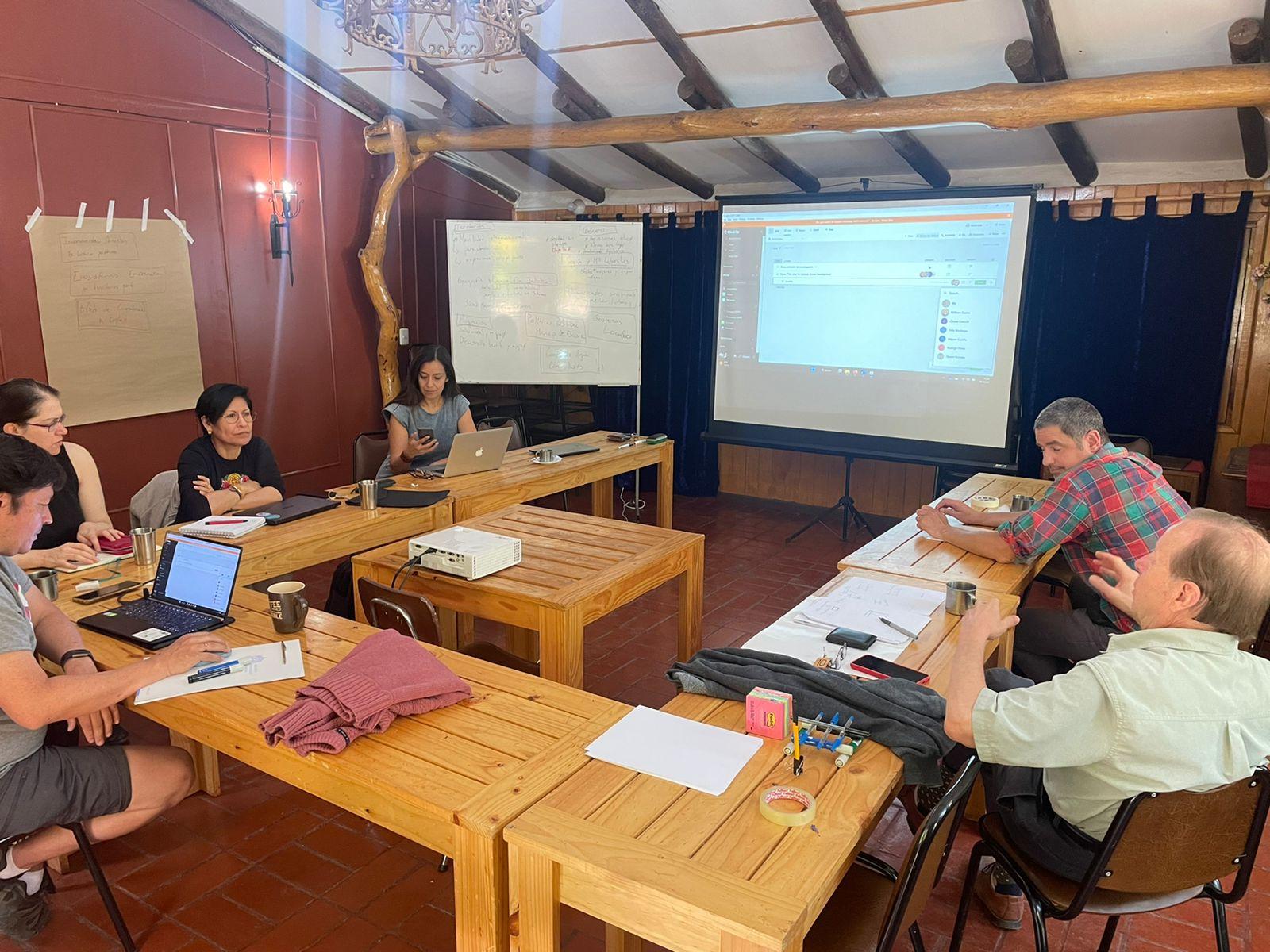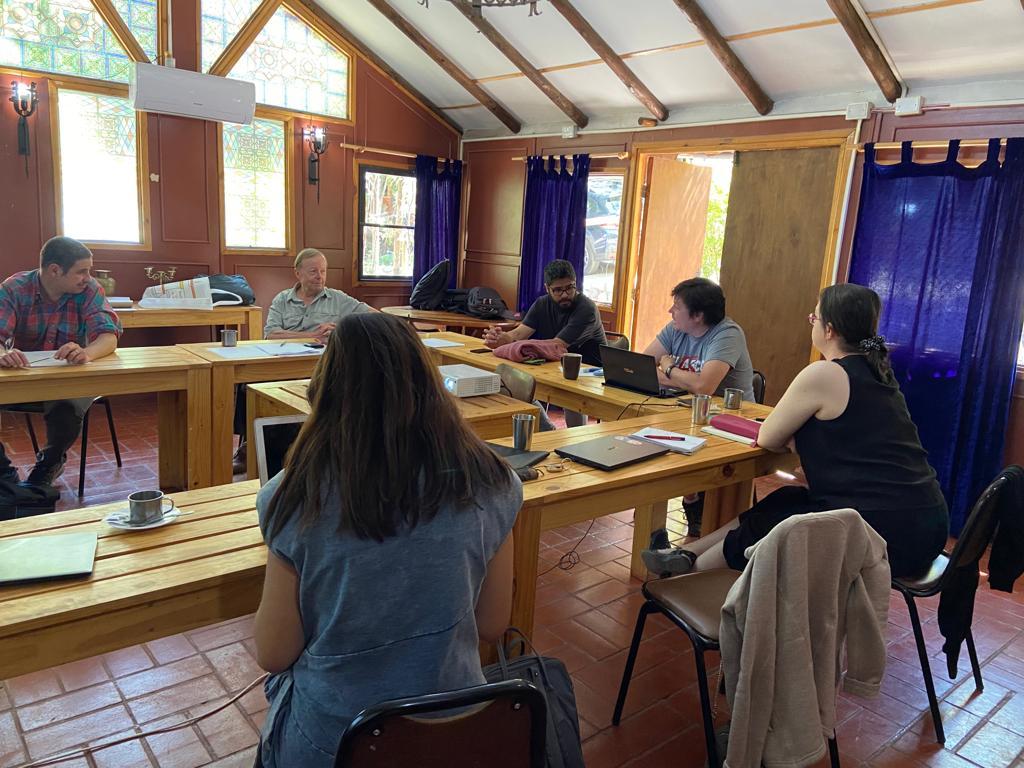En la jornada, que se extendió por los días sábado 17 y domingo 18, se discutieron las principales metas y estrategias para llevar adelante exitosamente el desarrollo del Centro. La instancia contó con la participación de todos los Investigadores Principales del Centro, entre los que se cuentan los académicos CEAS Mayarí Castillo, Chiara Cazzuffi y Rodrigo Pérez.
Sobre el centro
The Center is our organizational vehicle to fulfill our vision by making 3 big contributions.
First, the Center will further the global understanding of context-driven local develop by making scholarly and realistic contributions to the development paradigm.
Second, in terms of methodology and activities, the Center will be a focal point to coordinate synergies. The first synergy is between our team members. A second synergy is between the team and our excellent international support network of scholars. Another major synergy is between public funding and the important monetary and resource commitments of our universities.
It's important to emphasize that the Center will not merely guide research but will act as a catalyst to significantly multiply and amplify both our research capabilities and our ultimate impact on policy.
Third, in terms of social impacts, the Center will also be the platform on which to build partnerships with the public and civil sectors at the local and national levels. We want to bring scholarship into real-world policy design and evaluation.
We’ll enrich the analysis of how policies really work, or don’t. That is, the economic, the geographic and – highly relevant for Chile – the social and cultural context in which policies operate.
Our big scholarly contribution will be to make clear that development and its consequences at the local level are always context-driven, and therefore it’s better to design policies accordingly. We will extend the territorial development approach beyond the standard emphasis on geography and resource-based comparative advantages to include deeper social, cultural, environmental and – importantly – governance dimensions.
For example, we want to study the impacts of growth on gender disparities and on age groups. Suppose, for example, we want to consider a subsidy for non-farm employment. ¿Does this have differential impacts on territories? ¿On women versus men? Well, territories differ by population densities, and low density limits the availability of childcare services. Therefore, due to differences in ability to access off-farm employment, from both a territorial and gender perspective, we’d expect different impacts.
In the practical sphere of understanding policy implementation, the Center will offer context-driven advice. We will develop a structured procedure called “territorial proofing.” This will help various levels of government to systematize evaluation of any type of policy. That is, “proofing” to evaluate impacts on communities, accounting for their specific circumstances. This will help both anticipate what might be unintended consequences, but also will be a way of adapting policies to the local context. Advancing a territorial proofing approach will be another major contribution.



